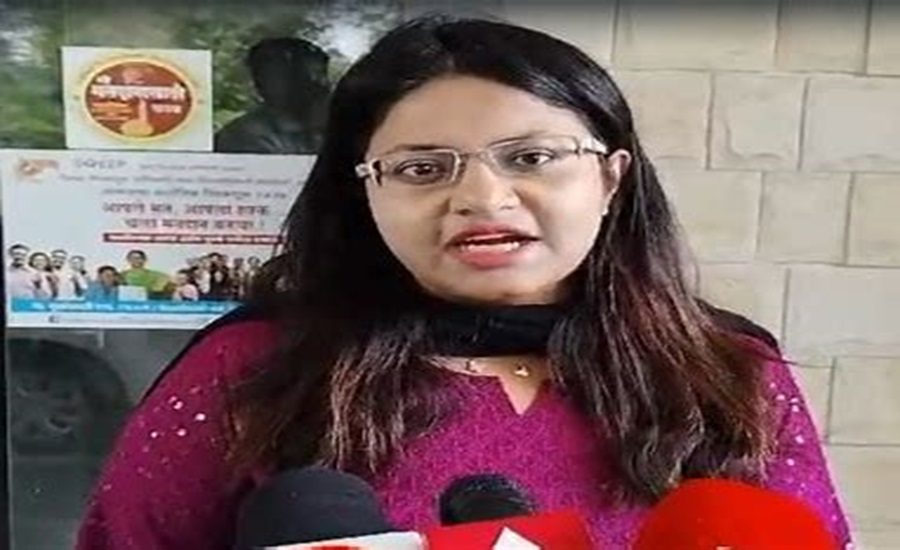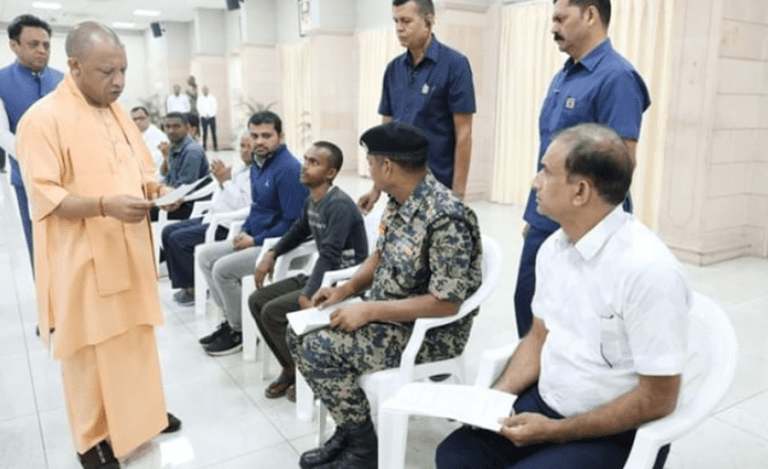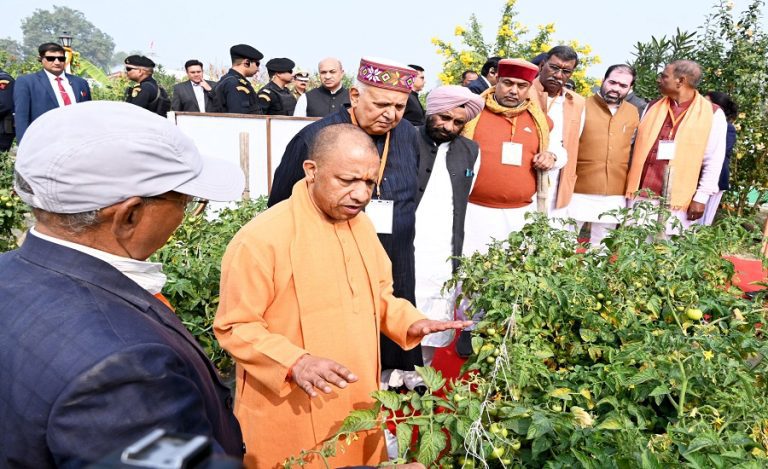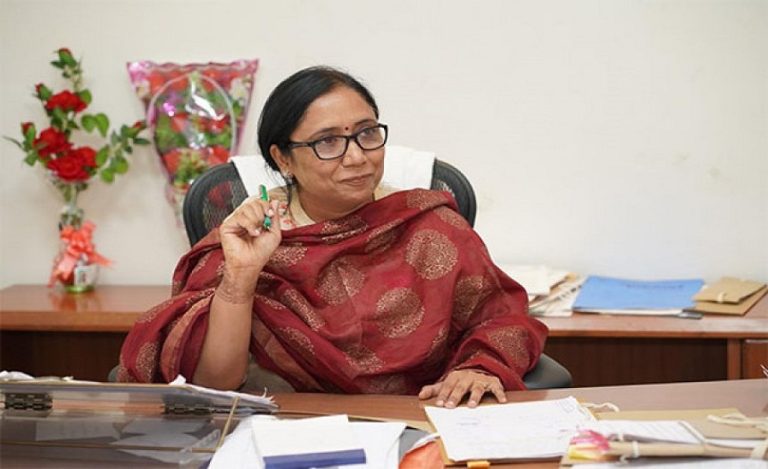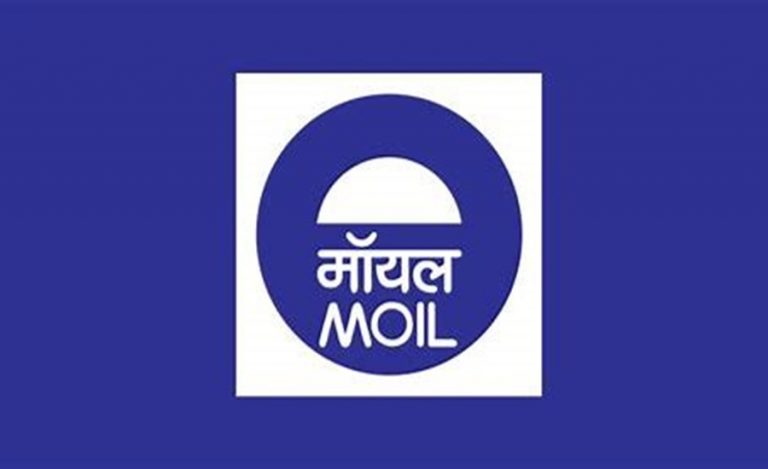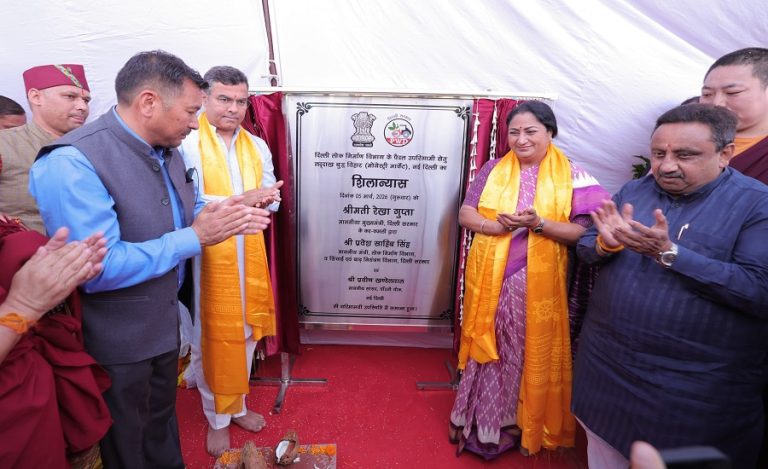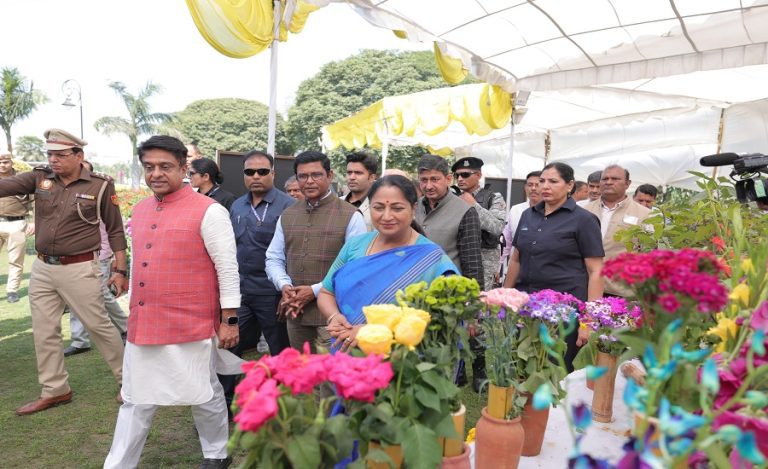Former trainee IAS officer Pooja Khedkar, who has been embroiled in a series of controversies, has filed a petition with the Delhi High Court challenging the recent decision of the Union Public Service Commission (UPSC) that has led to her expulsion from the IAS.
Last week, the UPSC took a significant step by canceling Khedkar’s selection as an IAS officer. The commission also barred her from participating in any future UPSC examinations. The move came in the wake of allegations that Khedkar had breached the rules of the Civil Services Examination-2022 by fraudulently securing more opportunities than permitted through false identities and forged documents.
According to UPSC’s statement, the decision followed a thorough review of records and a show cause notice issued to Khedkar on July 18. The notice accused her of using fake identity credentials and fraudulent disability and OBC certificates to gain an unfair advantage in the examination process. Despite being granted an extension to respond until August 4, Khedkar did not submit her explanation within the stipulated time, prompting the commission’s decisive action.
In response, Khedkar has approached the Delhi High Court, seeking redress against the UPSC’s action. The legal challenge comes amid further complications as the Delhi Police Crime Branch has registered a case against her under sections of forgery, fraud, the IT Act, and the Disability Act. Khedkar had previously sought bail in the Patiala House Court to avoid arrest, but her plea was denied, leaving her in a precarious legal position.
In addition to these issues, Khedkar has faced scrutiny for her conduct during her tenure in Pune, which led to her transfer to Washim. Her training at the Lal Bahadur Shastri National Academy of Administration (LBSNAA) in Mussoorie was abruptly halted due to the mounting controversies surrounding her selection.
As the legal proceedings unfold, Khedkar’s case continues to attract attention, highlighting significant concerns about integrity and accountability within the civil service recruitment process. The outcome of her High Court petition will be closely watched for its implications on both her future and the broader standards governing the IAS selection process.

